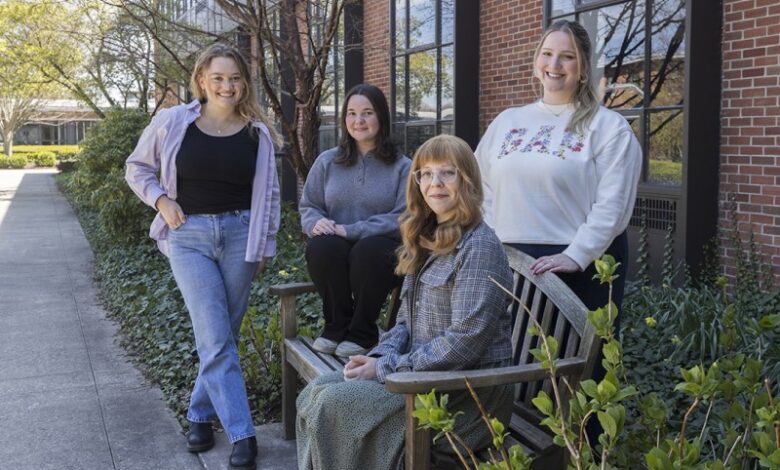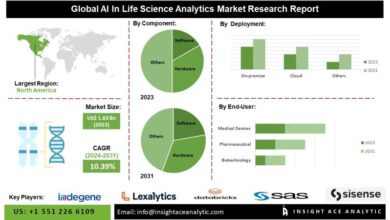Students use data science to improve food access

Food access is a serious problem that affects all kinds of communities, including the Binghamton region. Using data science, Binghamton University students are doing what they can to help.
The digital and data studies program at Binghamton University has teamed up with a local organization to address food insecurity. The mutually beneficial connection has helped make great strides in improving food access to the local area.
It all started when the Broome County Food Council surveyed community members on food-related issues. The organization collected a lot of data—1,300 people responded—but needed to analyze it.
That’s where Faculty Engagement Associate Barrett Brenton stepped in. He connected the council with what he saw as an ideal partner: a class in the digital and data studies program.
The program, which is less than two years old, serves as a minor for students. According to coordinator Melissa Haller, the goal of the program is to teach students valuable tech skills. The true emphasis, however, is to think about how students can use those skills to benefit their communities and do social good with data. She found this project as a perfect opportunity to do so.
“It gives them the opportunity to work with a real-world organization — the Broome County Food Council — and to really see the kind of impact the work that they do can have on the local community,” said Haller, who teaches the class.
As for the students, they are also reaping the benefits of this experience.
“At first, we saw Binghamton as our place of study and where we come to work,” said Julia Gnad, a math major and student in the class. “But, I think this project made it more of a community for us. I look back on this and it’s just made this area more to me. I take a lot of pride in helping this community that I’ve called home for four years. I think we were all really grateful for how this project helped us to realize what a career in data analytics looks like and what it could be for us.”
Gnad is one of three students in the class, along with Kajsa Kenney and Brianna Sexton. The class ended after the fall semester, but the trio was so passionate about helping the council that they continued to work with it throughout the spring semester.
According to the survey, two of the biggest obstacles to food access in the area are income and transportation issues. Food Council Coordinator Theresa Krause explained that getting a handle on this issue was especially complex, due to Broome County being “very high rural, very high urban and very unique.”
The end goal is to develop a food access plan for the entire community. The strong analysis of this survey has started to answer some key questions in order to do that, Krause said.
For Haller, the overwhelming success of this project has inspired her to teach a course titled “Community Practice” in the fall. In this course, analysis with the Council will continue, and the class will also help other organizations in the community.
Haller and Brenton both attribute the success of this project to students and believe that it is a good representation of what the digital and data studies program, and other programs like it, can do.
“The analysis done by students in this capstone project is really the kind of exemplar that we want to show how the University can utilize expertise,” Brenton said. “Again, not coming in as experts, but utilizing the expertise we have at the University campus to then engage with the broader community.”
The council will keep working on getting food to the people and people to the food using the information provided by the students, Krause said. The data analysis will be incorporated at numerous future meetings. In September, the council will prevent the food access plan that is currently being developed to the community.
“I see that they brought their gifts and their talents to the table. That spoke to the organization of the council, and this created an excitement and it created a movement going forward – a trust. This is exactly what the council is doing in the community. It was very inspiring. And as we move forward with the food access plan for Broome and developing the strategic initiatives, it just continues to grow and gain roots of foundation,” Krause said.
Haller said she has been amazed by both the students’ work and the strong partnership with the council. She greatly appreciates that the true goal of the new program — to make positive changes with data — is being accomplished through this project.
“I think when you’re learning how to analyze data, it’s very easy to see the work that you do as just numbers,” she said. “And I think one of the incredible benefits of getting to work with the Food Council is that the students have been able to see firsthand what those numbers mean.”



